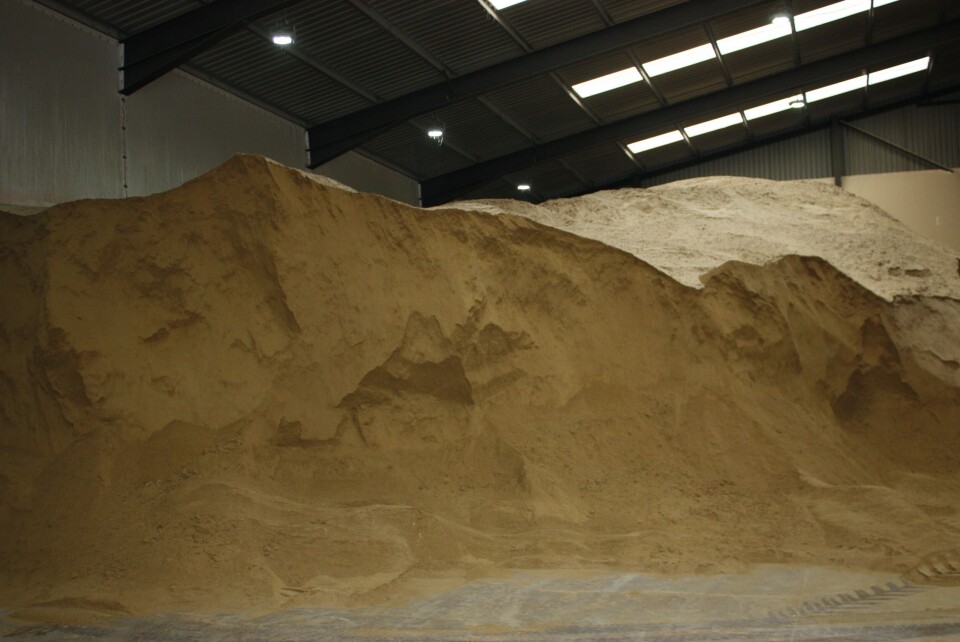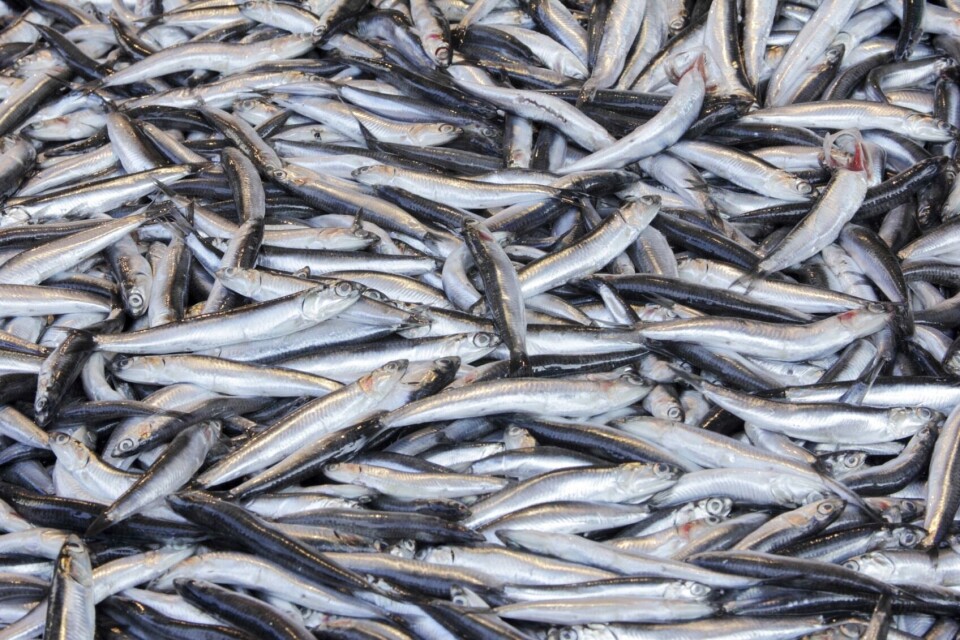
GAA and IFFO to scrutinise Asian fishmeal fisheries
The Global Aquaculture Alliance (GAA) and IFFO, the Marine Ingredients Organisation, have joined forces and funding on a project to improve the understanding of the fisheries of southeast Asia supplying raw material for fishmeal production.
The study will look at the issues from the perspective of social, economic and environmental sustainability with the aim of identifying where improvements can be prioritised and targeted to enable increasingly responsible supplies of fishmeal.
This will support change in fisheries management in the region, driving the adoption of certification in the supply chain, which will ultimately support the development of best practice in aquaculture. A variety of relevant and critical stakeholders from NGOs to governments and feed companies to standards holders will be invited to participate. Duncan Leadbitter (Fish Matter Pty) has been retained to lead the project on behalf of the two organisations. The project will begin in July and is expected to run for 18 months.
Environmental and social challenges
Andrew Mallison, IFFO’s director general, said: “Although the raw material supply for fishmeal production globally comes in the main from well-managed fisheries and byproduct, it is recognised that there are some environmental and social challenges with the sourcing of raw material in southeast Asia. As demand for responsibly produced fishmeal in this region is increasing, IFFO welcomes the opportunity to work with the GAA in addressing where the constraints to responsible production lie, and look at how these may be addressed to promote change in the region.”

The fisheries of southeast Asia provide a large volume of raw material for fishmeal and fish oil production, which is a primary ingredient supplied into the aquafeed markets in the region for manufacture of feed for the aquaculture industry. End users of aquaculture are increasingly recognising the need to ensure fish is produced responsibly. The development of certification standards for aquaculture and aquafeeds has placed additional emphasis on the importance of sourcing responsibly-produced feed ingredients. If aquaculture facilities are to be able to meet the market demands, then improvements need to be made in this region in order to fill the gap between available, certifiable, fish feed inputs and demand.
Thailand and Vietnam
The focus of effort will be on the countries of Thailand and Vietnam given their importance in fishmeal and fish oil manufacture and supply.
Melanie Siggs, GAA director of strategic engagement, said: “It is critical we better understand where to target improvement efforts and how best to support the region in meeting the increasing demand for fish meal inputs; both the welfare of the fisheries and the associated communities, as well as the development of responsible aquaculture to meet global demand, relies upon truly sustainable supplies – this is the juxtaposition between wild and farmed seafood.”
Vulnerability and the level of risk associated with farmed and wild seafood in the region will be reduced over time as additional information feeds into a process that facilitates change. This will be the first phase of work to build a base of information for further projects. Progress is likely to occur continually over time as information is provided.























































